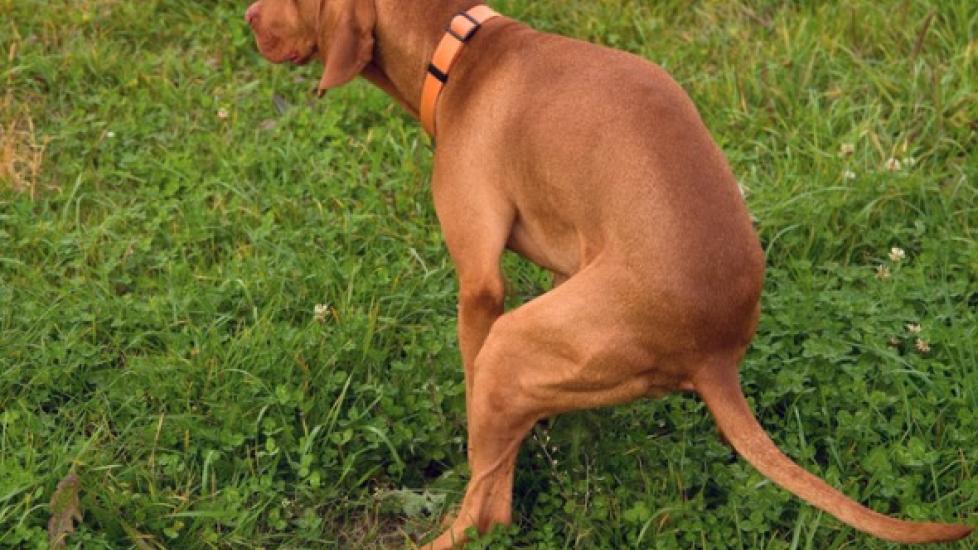Dogs, like humans, have their own daily routines that include eating, drinking, playing, and of course, pooping. Dog poop is not just a dirty business; it can also be an indicator of your dog’s health. As responsible pet owners, we want to ensure our furry friends are healthy and happy, which means understanding how often they should go number two. Here’s what you need to know about the frequency of your dog’s bowel movements:
-
The Average: Most adult dogs will poop between once and five times per day, with three being the average for most breeds. This can vary depending on factors such as age, size, diet, and overall health. Puppies typically eliminate more frequently than adults due to their smaller stomach capacity and higher metabolism rates.
-
Frequency by Breed: Smaller breeds may only require one or two trips outside each day, while larger breeds might need more frequent potty breaks. For instance, Labrador Retrievers and other active dogs tend to defecate more than toy breeds like Chihuahuas or Pomeranians.
-
Healthy Diet: A well-balanced diet plays a significant role in regular bowel movements. High-quality food with proper fiber content can help keep things moving along smoothly. If your dog is on a prescription diet or has dietary restrictions, consult with your veterinarian regarding appropriate stool frequency.
-
Water Intake: Just as water affects human regularity, it can influence when and how often dogs poop. Ensure your pup always has access to fresh water, but excessive thirst could indicate underlying issues such as diabetes or kidney disease. Monitor both water consumption and urination habits alongside bowel movements.
-
Exercise Level: Regular exercise helps stimulate digestion, so an energetic walk around the block can encourage your dog to find a suitable spot to do its business. Lack of activity might lead to infrequent elimination or constipation.
-
Environmental Factors: Stress from changes in environment or routine (like traveling or introducing new pets into the home) can cause digestive upset and irregularity in bathroom schedules. Pay attention to any sudden behavioral shifts that coincide with altered toilet habits.
-
Medical Conditions: Certain medical conditions, including parasites, infections, inflammatory bowel disease (IBD), or even cancer, can disrupt normal bowel function. It’s crucial to monitor your dog’s stools closely and report any abnormalities to your vet immediately.
If you notice that your dog’s pooping pattern seems off—whether too frequent, infrequent, or if the consistency appears unusual—it’s time for a visit to the veterinarian. They can perform tests to check for internal problems and offer advice tailored specifically to your dog’s needs. Remember, every dog is different, and what constitutes “normal” can vary widely based on individual circumstances. By keeping an eye on your pup’s waste management system, you’ll be able to catch potential health issues early and maintain his or her quality of life through good care and attention.
